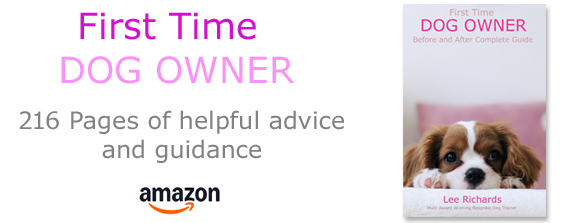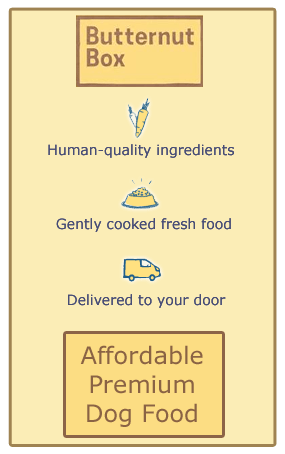When it comes to feeding our beloved canine companions, the choice of dog food can sometimes pose a dilemma: should we opt for wet or dry food?
This decision plays a crucial role in the overall health and wellness of our dogs and requires a good understanding of the benefits of each.
WET DOG FOOD
Wet dog food, often packaged in cans or pouches, is usually composed of roughly 50% to 60% water.
This high moisture content is one of the primary benefits of wet dog food.
Hydration is key to a dog’s health, as it supports various bodily functions like digestion and absorption of nutrients.
Providing a diet rich in moisture can be especially beneficial for dogs who don’t drink enough water or those with kidney and urinary tract issues.
HAPPY APPETITE
The second significant advantage of wet dog food is its taste and texture, which many dogs find more appealing than dry kibble.
The meaty flavor and soft texture can stimulate a dog’s appetite and make meal times more enjoyable, especially for picky eaters or older dogs with dental issues.
PROTEIN RICH
More so, wet dog food is generally more protein-dense than dry dog food.
High-quality wet foods often feature whole meat or meat meals as their primary ingredients, delivering more protein per serving.
This high-protein content can be beneficial for active dogs, puppies, or canines requiring a protein-rich diet for health reasons.
COST OF DOG FOOD
However, there are a few considerations to keep in mind when feeding wet dog food.
First, it tends to be more expensive than dry food on a per meal basis.
Second, once opened, wet dog food needs to be refrigerated and used within a certain time frame to prevent spoilage.
Finally, feeding only wet food may not provide the same level of dental benefits as dry food, which can help to clean a dog’s teeth as they chew.
IN CONCLUSION
While both wet and dry dog foods can provide a balanced diet for our dogs, wet dog food offers specific advantages such as higher moisture and protein content, and a taste and texture that dogs love.
As a pet parent, your final decision should consider your dog’s specific needs, preferences, and overall health.
Remember, it’s always best to consult with a veterinarian before making any significant changes to your dog’s diet.









